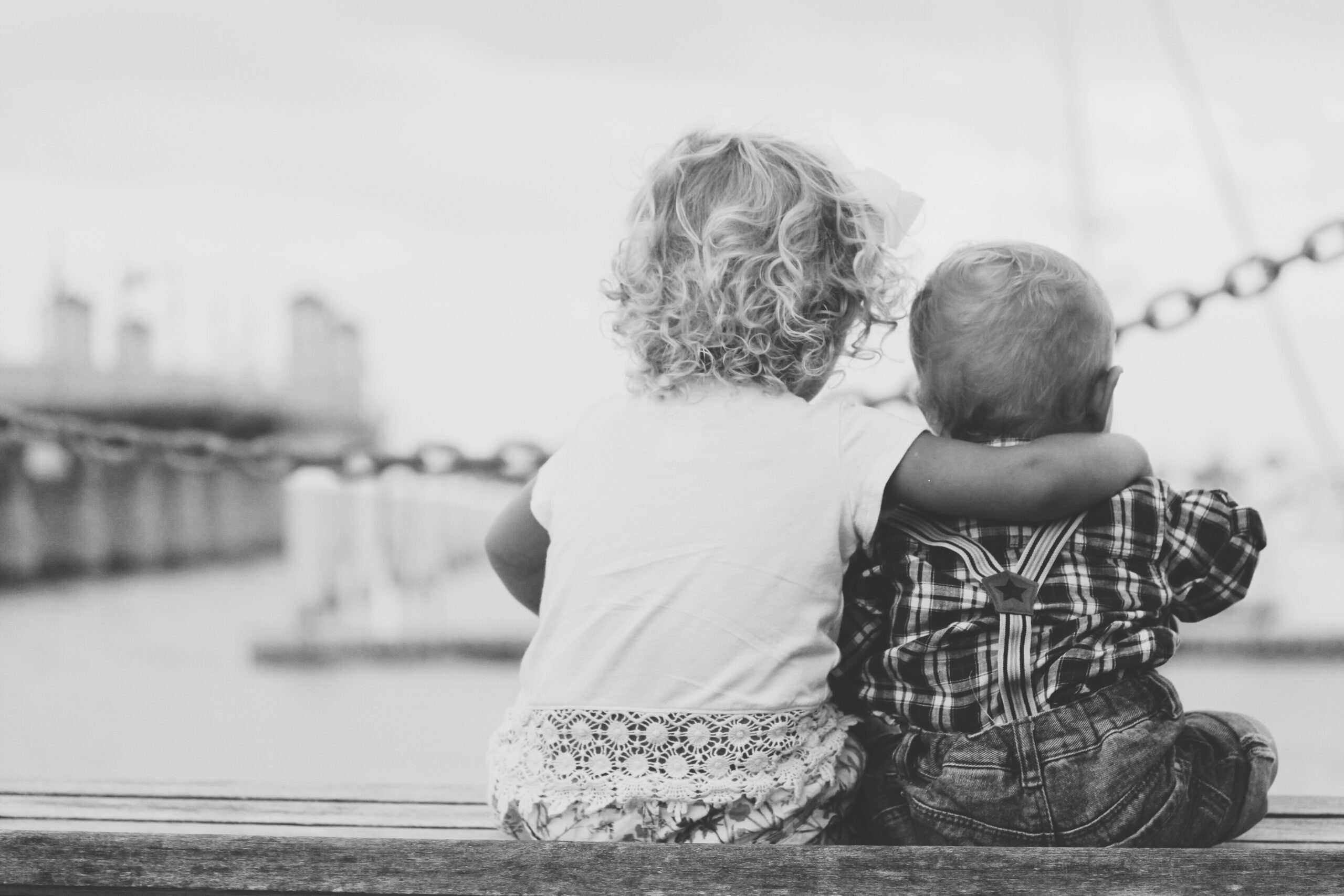My parents initially introduced me to my younger brother, who is my sole sibling, when I was 2.5 years old. From the start, it was evident how different we were from one another: although he was quiet and reserved, I was talkative and gregarious; whereas he was shy and submissive (at least initially). But from an early age, we discovered how to embrace each other and our differences, which led to the creation of one of the most harmonious partnerships I have ever been in. I feel closer to him than ever even though we live hundreds of miles apart and can’t spend most days of the year together in person. We don’t communicate much—we’ve gone up to a month without exchanging even a text—but I know he’s always there for me.

Twins have been the subject of a lot of study on this kind of relationship. What about the rest of us, though? After all, four or five out of every five Americans have a sibling or sister. Although the majority of siblings only have 50% of the same DNA, their enduring bond is frequently unrelated to biology. It’s difficult to put the connection into words. It’s the consolation that comes from knowing how your brother and sister are feeling even while you are sitting in the same room in complete quiet. Even if there hasn’t been a serious chat in weeks, months, or years, it’s taking up just where you left off. It’s the understanding that, in the end,
Here are seven possibilities that have nothing to do with genetics, marking our most enduring relationship:
Lifelong Duration: The majority of people only get to know their siblings for a fraction of the time they will ever know another human being. Their relationship with their sister (or siblings) will always take precedence in this regard, regardless of whether they were in continual conflict during adolescence, lost contact for a while during their adult life, or stayed extraordinarily close and linked from the beginning. In The Sibling Bond, Stephen Bank and Michael Kahn write, “The sibling relationship is life’s longest-lasting relationship, longer, for most of us, by a quarter of a century, than our ties to our parents.” It lasts longer than our connection with our kids, longer than our relationship with our spouse, and, save for a select few fortunate individuals, longer than our friendship with our closest friend.
Top Instructors: Children get their first experience interacting with peers and learning how to manage the various facets of long-term, close relationships through their sibling connections. Our brothers and sisters are our partners and fellow conspirators, our role models and cautionary stories, from the moment they are born.

Thriving on Differences: Past scholars who researched the sibling connection and the role of genetics often focused on the differences between siblings, rather than the similarities. However, how little siblings have in common actually works to their advantage from a psychological standpoint.
Shared Upbringing, Shared Genes, Shared Secrets: No other peer relationship involves a shared upbringing, shared genes, and shared secrets. Studies show the importance as you get older of having friendly siblings for companionship, reminiscences (stories of family holidays are boring for anyone else), and practical support.
Emotional ties with Deep Roots: Early and profoundly ingrained in our development, sibling ties represent some of the deepest connections we may form in life. Our siblings teach us important life lessons that help us navigate relationships and discover who we are.
Siblings teach us conflict resolution and resilience. We get skills in compromise, negotiation, and dispute resolution. These abilities benefit us all through life.
Unconditional Support: Siblings provide steadfast support, whether it’s for milestone celebrations or consoling during trying times. They are our comrades in life’s journey, our confidantes, and our escapades’ companions.
In the tapestry of human relationships, the sibling bond is a thread that weaves through our entire existence, connecting us to our past, grounding us in the present, and shaping our future. It’s a bond like no other, resilient, complex, and enduring







+ There are no comments
Add yours